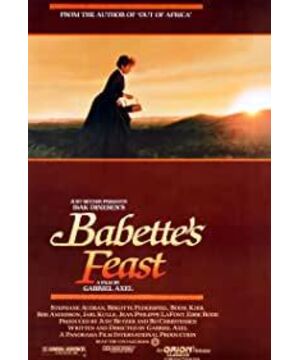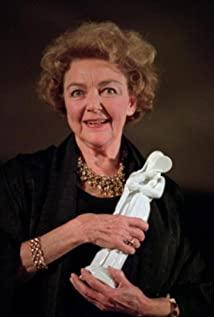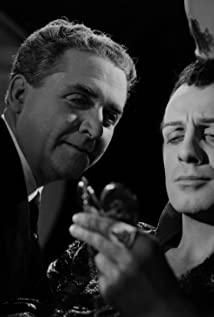There are many angles in the movie. It can be religion, food or desire. In fact, a starting point for combining the three is Kierkegaard's theory. This is the sense of existentialism from the general's toast. Remember that the background years of the film are the years of Kierkegaard's life, and Kierkegaard was also Danish. He divides people into three levels: emotional, rational and religious. The priest's daughter and the villagers' representatives suppress their sensibilities rationally, but despise them when they feel good food. The suitors of the beautiful girl represent the representative of the sensibility and the rationality. In their eyes, they are all about worldly success and lack of ideal spiritual life. None of them entered the religious life, Barnett the butler was their ferryman, and the food at the dinner was the entrance. Only when reason does not reject and reject perceptual pleasures, and sublimates a deep understanding of the laws of the world, can it be considered a leap into the religious world. The housekeeper Babette spent the first half of his life working hard in the emotional world, and the second half of his life into the rational world. After obtaining the qualification to re-enter the sensory world, she shed her wealth and returned to the rational world, honoring the Lord with the heart of an artist or a craftsman, and she lived a life with religious characteristics. In food movies, this special feature is that food is presented without a soundtrack. Whether it's men and women or Japanese healing food movies, they all use soundtracks to create atmosphere, but Babette's Banquet does not. So the director is very restrained and knows the scale between performance and indulgence. The scale grasp is actually directly related to the theme.
View more about Babette's Feast reviews











